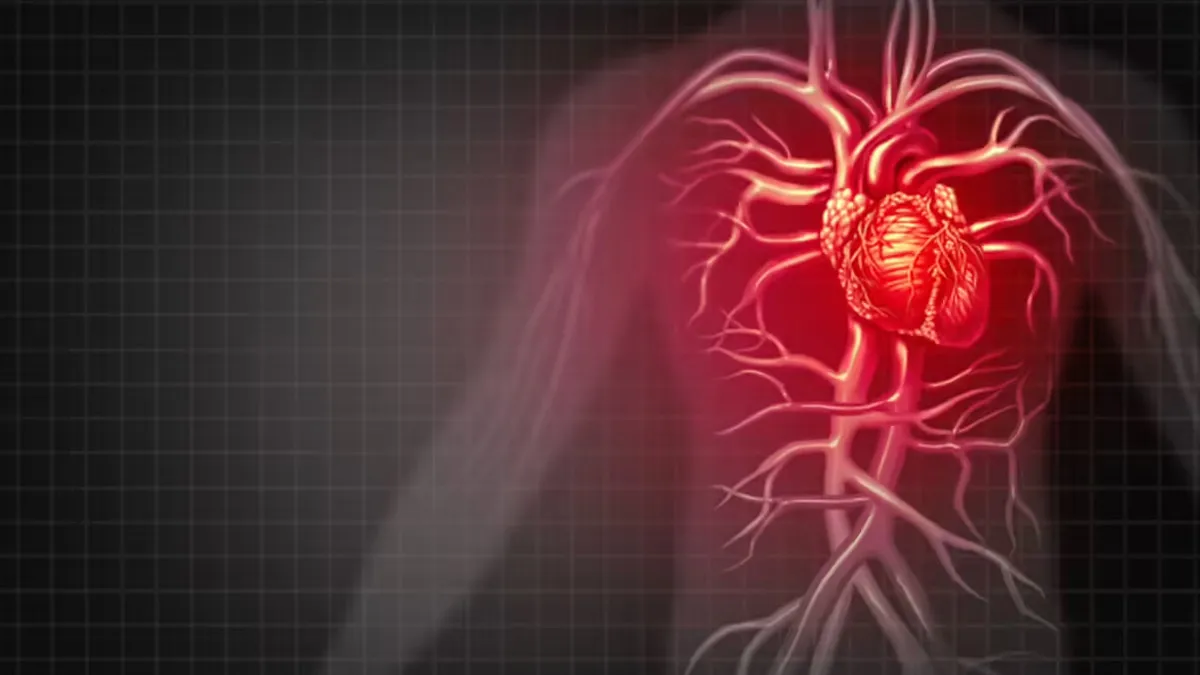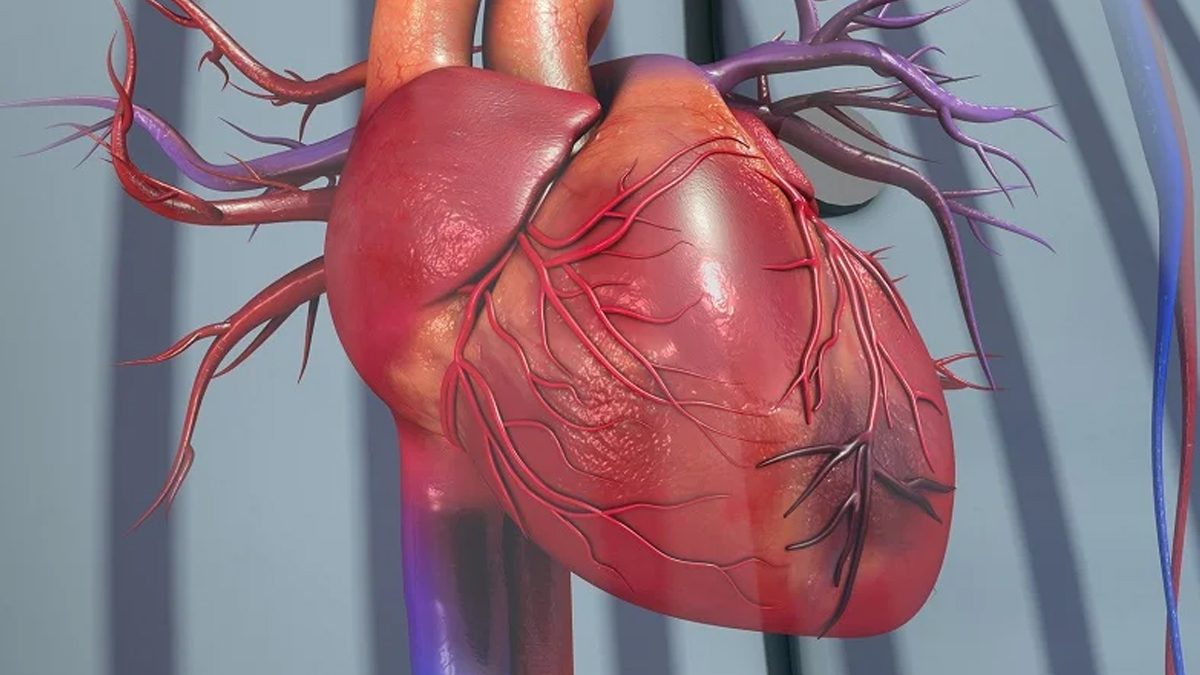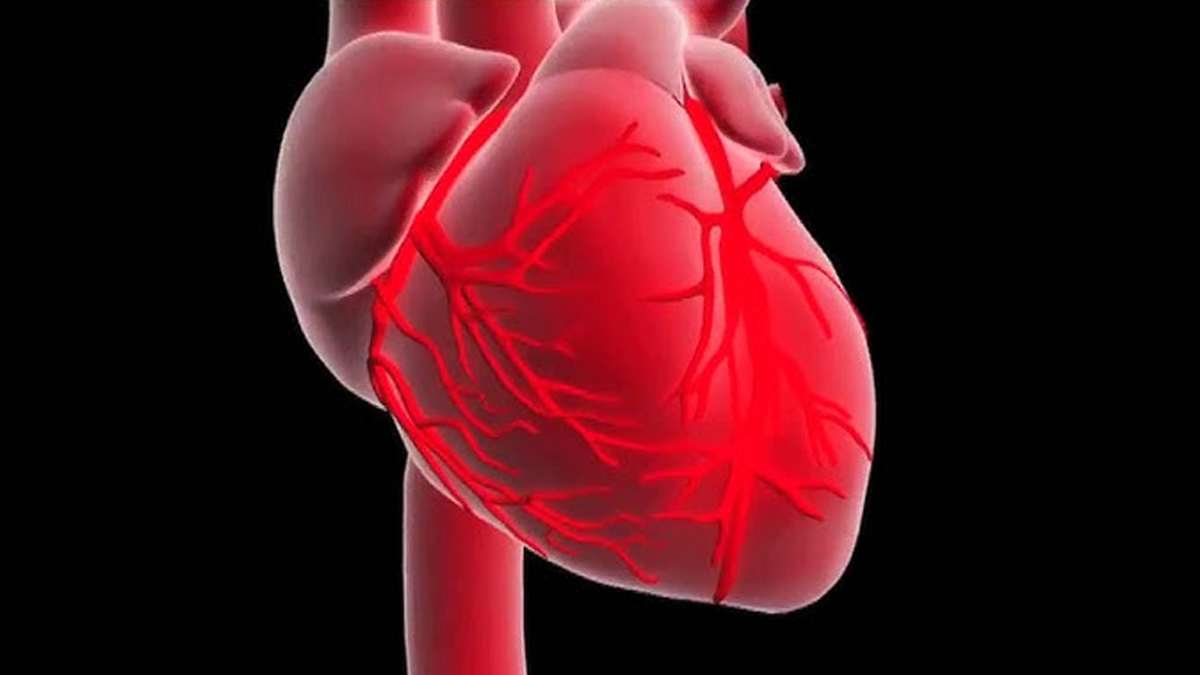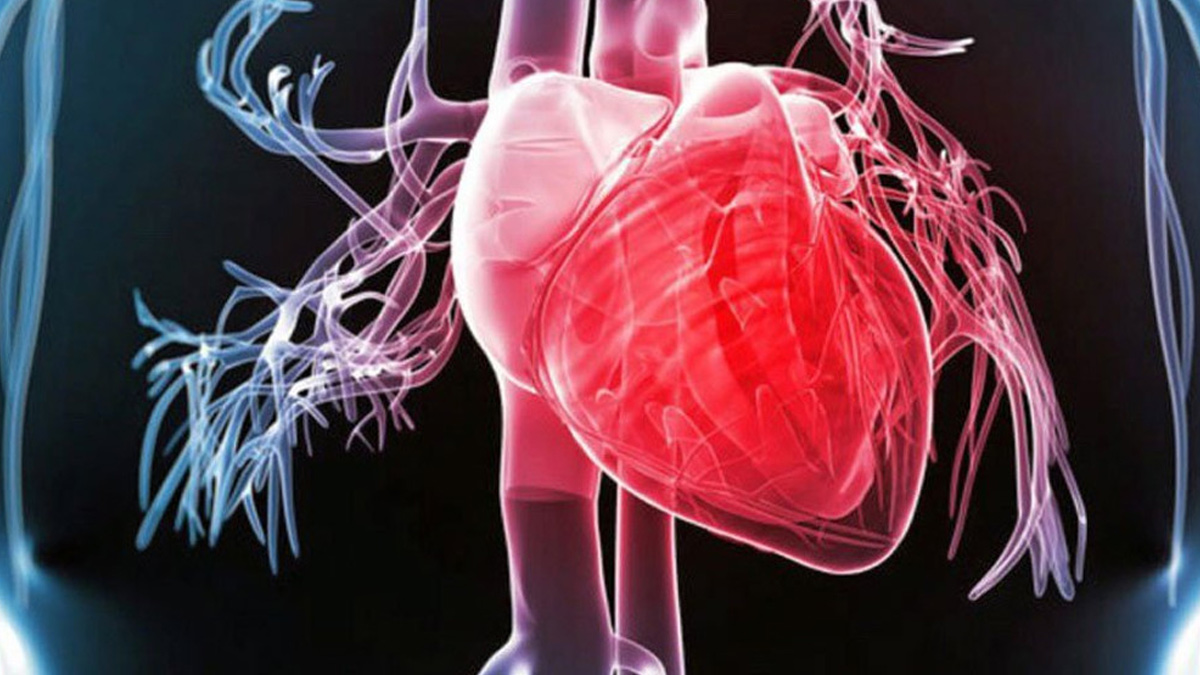
Myocardial infarction, commonly known as a heart attack, is one of the most serious heart problems people can face. It happens when blood flow to a part of the heart muscle is suddenly blocked. Without enough oxygen, the heart tissue begins to die, leading to permanent damage if not treated quickly. But what really causes this sudden and dangerous event? Dr Mahesh Ghogare, Consultant Cardiology, Apollo Hospitals, Navi Mumbai, explains the main cause and how you can protect yourself.
Table of Content:-
What Is Myocardial Infarction?![Myocardial Infarction 1 - 2025-07-07T154007.539]()
A myocardial infarction is the medical term for a heart attack. Dr Ghogare explains, “Myocardial infarction occurs when blood flow to a section of the heart muscle is suddenly blocked. This interruption deprives the heart tissue of oxygen, leading to permanent damage if not restored promptly.” In simple words, when the heart doesn’t get enough blood, it gets hurt and that’s what we call a heart attack.
ALSO READ: Myocardial Infarction vs Heart Attack: Cardiologist Reveals the Key Differences and Causes
What Is the Main Cause of Myocardial Infarction?![cause of Myocardial Infarction 2 - 2025-07-07T154004.709]()
The main cause of myocardial infarction is a problem called atherosclerosis. Dr Ghogare says, “The primary cause is the rupture of an atherosclerotic plaque in the coronary arteries, followed by the formation of a blood clot (thrombus) that obstructs blood flow.”
Atherosclerosis starts quietly, often when people are still teenagers. Fatty deposits build up in the walls of the arteries that supply blood to the heart. Over time, these deposits, made up of cholesterol, inflammatory cells, calcium, and fibrous tissue, form hard plaques.
When one of these plaques breaks open, the body tries to fix it by forming a blood clot. But this clot can block the artery completely, stopping blood from reaching the heart muscle. “Ironically, this clot, meant to protect, becomes the trigger for a heart attack by completely blocking the artery,” Dr. Ghogare explains.
Other Causes and Risk Factors
While plaque rupture and clot formation are the main triggers, many risk factors can speed up this process:
- High blood pressure (hypertension)
- Smoking
- Diabetes
- High LDL (“bad”) cholesterol
- Lack of exercise
- Chronic stress
Dr Ghogare points out, “Factors such as uncontrolled hypertension, smoking, diabetes, high LDL cholesterol, sedentary lifestyle, and chronic stress accelerate this process.” The risk is even higher if you have metabolic syndrome—a group of conditions including belly fat, high blood pressure, high blood sugar, and abnormal cholesterol levels.
The left anterior descending artery (LAD), often called the “widowmaker,” is commonly involved in severe heart attacks because it supplies a large part of the heart.
Recognising the Symptoms![Myocardial Infarction symptoms 3 - 2025-07-07T154006.321]()
It’s important to know the warning signs. Symptoms can include:
- Chest pain or tightness
- Pain spreading to the jaw or left arm
- Shortness of breath
- Cold sweats
- Sudden fatigue
Dr Ghogare warns, “In many cases, especially among diabetics and women, heart attacks present atypically or even silently.” That’s why any unusual chest discomfort or breathlessness should never be ignored.
Prevention Is Better Than a Cure
Dr Ghogare emphasises, “Prevention remains far more effective than treatment.” Check your blood pressure, cholesterol, and blood sugar regularly. Eat healthy, exercise, and avoid smoking. New tools, like coronary calcium scoring and advanced lipid tests, can help doctors find people at higher risk before a heart attack happens.
A large study published in the journal Circulation found that people with high cholesterol and high blood pressure are much more likely to develop atherosclerosis and have a heart attack. The study highlights the importance of early lifestyle changes and regular health checks to prevent heart disease.
Conclusion
Understanding myocardial infarction is about making better choices every day. As Dr. Ghogare says, “Every healthy meal, every walk, every check-up counts. Because the heart doesn’t give second chances easily.” Protect your heart by knowing the risks, recognising the symptoms, and taking action before it’s too late.
Also watch this video
How we keep this article up to date:
We work with experts and keep a close eye on the latest in health and wellness. Whenever there is a new research or helpful information, we update our articles with accurate and useful advice.
Current Version


